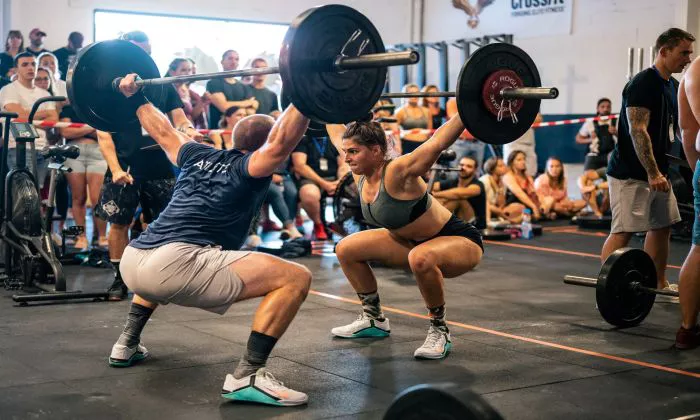The question of whether it’s better to have skinny or thick calves is subjective and depends on individual preferences, goals, and cultural ideals of beauty. Both skinny and thick calves have their own unique characteristics and can be desirable depending on various factors. In this comprehensive exploration, we’ll delve into the advantages and potential considerations associated with both skinny and thick calves to provide a balanced perspective.
Skinny Calves
Advantages:
Aesthetic Appeal: Some individuals find skinny calves aesthetically pleasing, particularly in cultures where slender limbs are considered attractive.
Ease of Clothing Fit: Skinny calves may make it easier to find and fit into certain types of clothing, such as slim-fit jeans or knee-high boots.
Lighter Feeling: Having skinny calves may result in a lighter overall feeling, particularly during activities that involve running or jumping.
Potential Considerations:
Limited Muscle Definition: Skinny calves may lack noticeable muscle definition, which can affect the overall appearance of the legs.
Reduced Strength and Stability: Calves with less muscle mass may offer reduced strength and stability during activities like walking, running, or weightlifting.
Perceived Fragility: In some contexts, skinny calves may be associated with fragility or lack of physical strength, which could impact self-esteem or societal perceptions.
Thick Calves
Advantages:
Muscle Definition: Thick calves often exhibit greater muscle definition and size, which can contribute to a more sculpted and athletic appearance.
Strength and Power: Increased muscle mass in the calves can enhance strength, power, and endurance, making activities like running, jumping, and lifting weights more efficient.
Functional Benefits: Thick calves may provide better support and stability during weight-bearing exercises and activities, reducing the risk of injury.
Potential Considerations:
Limited Clothing Options: Some individuals may find it challenging to find clothing that accommodates thicker calves, especially when it comes to fitted pants or boots.
Cultural Ideals: In cultures where slender limbs are idealized, thick calves may be perceived differently, potentially influencing self-esteem or societal acceptance.
Muscle Tightness: Thick calves may be more prone to muscle tightness or discomfort, particularly if proper stretching and mobility exercises are neglected.
Personal Preference and Goals
Body Image:
Subjective Preference: Ultimately, whether skinny or thick calves are preferable depends on individual preferences and ideals of body image and beauty.
Cultural Influences: Cultural norms and beauty standards can significantly impact perceptions of calf size and shape.
Functional Considerations:
Fitness Goals: Your fitness goals and lifestyle activities may influence your preference for calf size. For example, individuals focused on strength training or athletic performance may prioritize thicker, more muscular calves for their functional benefits.
Comfort and Mobility: Consider how calf size affects your comfort and mobility in daily activities and exercise routines.
Conclusion
Whether it’s better to have skinny or thick calves is a matter of personal preference, cultural influences, and functional considerations. Both skinny and thick calves have their own unique characteristics, advantages, and potential considerations. Ultimately, the most important factor is how you feel about your own body and what aligns with your individual goals and lifestyle.
If you’re looking to change the size or shape of your calves, remember that genetics, diet, exercise, and overall lifestyle habits all play a role. By incorporating targeted calf exercises, such as calf raises and calf presses, into your fitness routine and maintaining a balanced diet, you can work towards achieving your desired calf size and shape. Additionally, focusing on overall health, strength, and mobility can contribute to a positive body image and sense of well-being, regardless of calf size.
Related Topics:
Belly Fat Battle: The Truth About Heat Belts


